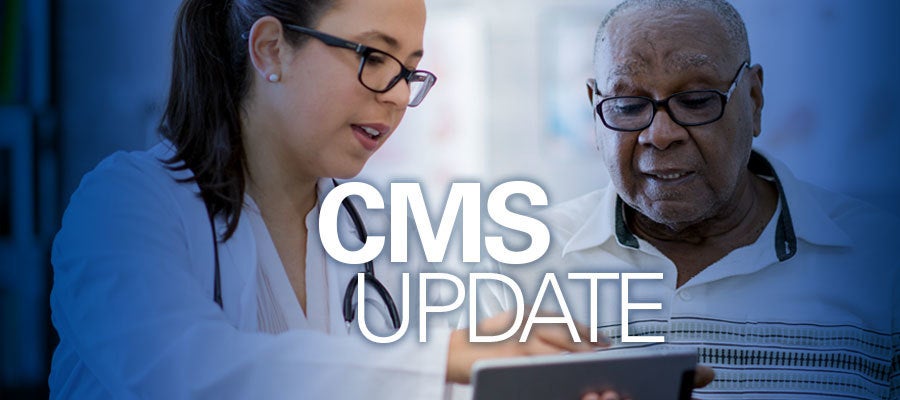
The Biden Administration will make over 170 million doses of the bivalent COVID-19 vaccine booster available to Americans for free at pharmacies, doctor’s offices, health centers, and state and local health departments, the White House announced today.





